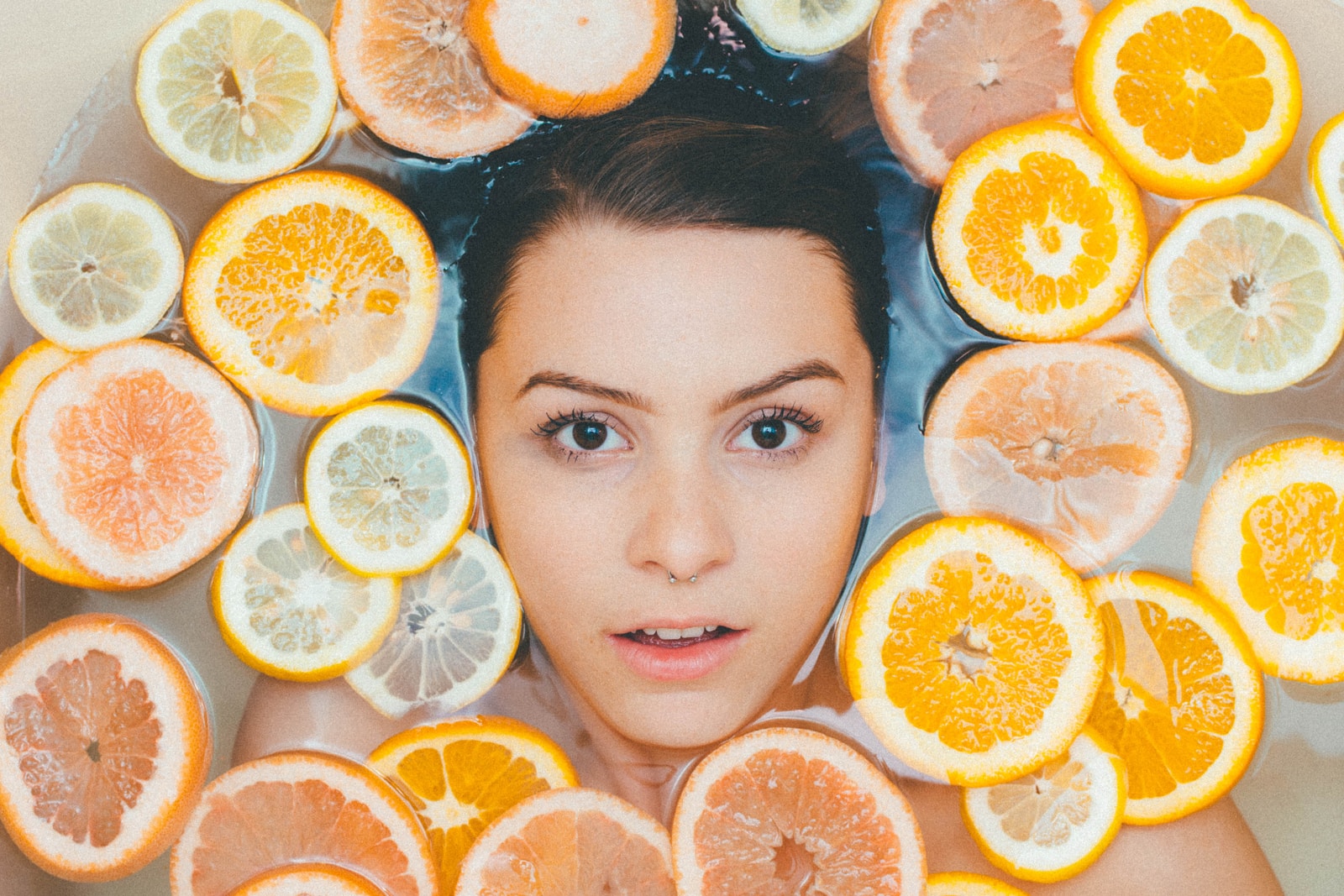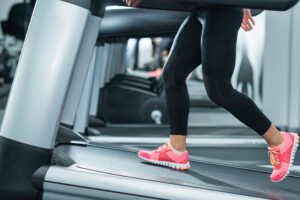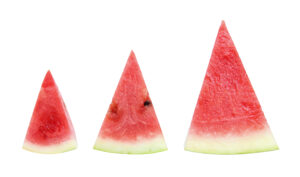Here is my roundup and guide to everythnig you need to know about collagen – how to take it, why it can potentially make your skin and hair on fleek, and what you can do to preserve your natural supply.
Let’s start off what exactly collagen is, and then examine whether it’s worth the hype.
What is collagen?
Collagen is the single most abundant protein in the animal kingdom, and naturally occurs in the human body. There are at least 16 types of collagen, but 80 – 90 percent of the collagen in the body consists of types I, II, and III.
What does it do ?
Collagen is like the infrastructure of our body: It helps make up the structure of our skin, bone, cartilage, and muscle. It aids in skin elasticity, helping the skin look full and supple. So when you look at pictures of yourself from a younger age and see more of a “baby face” or what looks like “baby fat” on your face, it’s actually just from having more collagen
While we produce our own collagen, our natural supply decreases with age and environmental factors, like the sun, stress, and smoke. As a result, we experience visible effects of collagen loss – like looser skin around our thigh area and a more gaunt and droopy appearance to the face. Rough, right?
Do collagen supplements work?
While evidence is mostly anecdotal, there are studies that support the usefulness of collagen, especially for the skin. According to a 2014 study conducted by the department of dermatology at the University of Kiel in Germany, skin elasticity in women aged 35 to 55 improved after taking daily doses of collagen for eight weeks.
Why taking collagen supplements can help
Protein intake: Collagen can absolutely still help individuals meet their daily protein intake. In its powdered form, collagen can have up to 10 grams of protein. Put a scoop in your coffee and you have “proffee”!
Skin and hair health: Collagen can help counteract skin wrinkling and put the “bounce” back in your face by boosting the body’s natural production. Studies also show that it can improve the skin’s hydration level. Collagen can also boost the body’s natural production of amino acids associated with keratin, which helps bind the hair and keep it strong. Collagen can also potentially support scalp health, which is essential to prevent thinning and breaking of hair (especially for those of us, cough, who get a lot of blowouts and are exposed to high-heat product styling).
Joint, muscle and bone health: A recent study showed that when athletes who previously suffered joint injuries regularly took collagen, their overall joint health was supported.Collagen also delivers plenty of amino acids that can contribute to muscle mass.
Gut health: Collagen can promote digestive health and the gut microbiota that keep the intestines functioning at a high level
What are collagen supplements?
Collagen supplements are broken down, digestible forms of collagen (derived from things like cows, fish and chickens), mostly occurring in powdered form. These are often referred to as hydrolyzed collagen, collagen hydrolysate, collagen peptides, or gelatin. All of these simply refer to the different ways that the molecules in the collagen are broken down. The most easily absorbale form is hydrolyzed collagen, because hydrolyzed collagen peptides are absorbed more easily by your bloodstream because it is predigested so it does not go through that first-pass digestion in the GI tract.
The two most common types of actual collagen on the market are bovine and marine. For the most health benefits, look for a grass-fed bovine collagen supplement, which contains collagen types I and III, the types of collagen that are widespread in the human collagen network and, thus, vital in promoting overall health.If that’s not an option for your dietary approach, marine collagen is ideal for a pescatrian diet. While you can get “vegan collagen” that doesn’t actually have collagen itself—rather, it just has nutrients and bioactives (like Aloe, vitamin c, and turmeric) to help you produce or maintain your natural collagen levels.
For maximum potency, you will want to make sure the collagen ingredient has four key factors:
- Type I and III;
- Pasture-raised Bovine;
- Hydrolyzed (therefore, bypassing your digestion);
- Additional collagen boosters, like vitamin C.
How can you up collagen intake
- You can take straight supplements. This blog recommends some of the best.
- You can drink it: You can find it in powders that mix and are tasteless in water, coffee, or smoothies. You can even find collagen matcha powder and coffee creamers.
- You can eat it – collagen gummies, collagen popcorn, and collagen bars abound. You can even get collagen popcorn. I wouldn’t rely solely on these though – a lot of them are gimmicky and contain the cheapest form of ingredient. So yay, for fun, but focus on the factors I noted above. You can also enhance collagen production from a lot of foods (discussed below).
- You can slurp it – bone broth is a very rich type of collagen available both in chicken and beef. Kettle & Fire is a good brand and has cool flavors like Tom Yum. I also use it as a base for chilis or stews, or even instead of oil when preparied a veggie dish.
The most popular brands that I like are Hum, Vital Proteins, and Bulletproof, but there are countless others.
How we can stop from losing so much collagen
So it’s a lot easier to preserve your nice skin and prevent wrinkles than it is to undo them. That may make a lot of plastic surgeons and manufacturers richer, but you can save money and have a more natural look by getting high on your own supply. Here are some key things you can do?
- Diet – you can eat collagen enhancing foods include tuna and salmon, plus eggs, citrus fruits, bananas, broccoli, dark leafy greens, seaweed, avocado, bell peppers, and berries. If you keep your diet consistent with these foods, you may not need to shill for more supplements.
- Watch out for sun exposure. I know we all have nice vacations to look forward to and we want to come back tanned and show off, but get a spray tan and put on the 45. Sun is collagen enemy #1 and breaks collagen down. This also includes making sure you have sunscreen for your body, face, and eye area. For body, I like Coola sunscreen. For face, I am a fan of the Supergoop line – they even have an SPF face brush powders, so two birds, one stone! If you guys are interested, I can explain in a future post how I use bronzer to fake a natural tan! It’s so easy and skips the chemicals.
- SLEEP. That’s when your body makes new collagen, not to mention, repairs your muscle microtears durig your workouts. I wish I could have told my college self this when I used to pull all-nighters to write papers, but oh well….;/
- And for more obvious reasons, don’t smoke or quit immediately! Even an occasional ciggy will do a lot of damage. If you live in a highly polluted area, do your best to stay in air conditioning and apply/ingest antioxidants to prortect against free radicals.
This article was peer reviewed by Neda Khalili.
References:
Here’s the top articles I found on collagen, which I sourced to write this article:
What is collagen? Your ultimate guide to collagen supplements (Nourished by Nutrition)
What is collagen, types of collagen, and collagen supplement benefits (Food Faith Fitness)
5 ways to boost collagen (Healthline)
Are collagen supplements the secret to a more youthful complexion? (The Klog)






